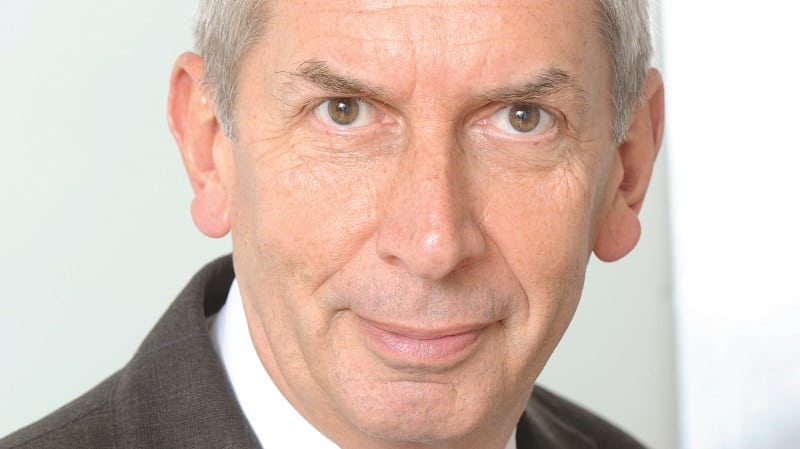The Smithson Investment Trust has reassured investors it is confident in the liquidity of its position as its H1 2019 results reveal it has raised £247.3m over the six-month period on top of the record funds raised at launch in autumn 2018.
A pause in US Federal Reserve interest rate hikes has helped the £1.3bn Fundsmith investment trust achieve 23.4% share price returns in H1, according to fund manager Simon Barnard. The strong performance compares to 17.2% in the MSCI World Smid Index.
On a net asset value basis, the portfolio rose 27.6%. The average premium over the period was 4.1%. It is currently trading at a 1.6% premium, according to the Association of Investment Companies.
In the period since the results, Smithson has raised a further £36.2m. At launch, Smithson set a record for a UK-domiciled investment trust launch raising £822.5m, despite the fact Fundsmith founder and equities star Terry Smith (pictured) was not a manager on the fund.
No liquidity problem in Domino’s stake
The largest percentage ownership of a company was 3.1% in Domino’s Pizza, which Barnard said was small.
“It is worth remembering that as a closed ended fund we will never be forced to liquidate positions to meet investor redemptions, but if we choose to do so for other reasons, we do not see a 3% holding as problematic in this regard.”
Barnard and his co-manager, Will Morgan, added no new companies in H1, although in July the duo added Fevertree to the portfolio taking the total number of holdings in the investment trust to 30.
US Fed will buoy equities
In the half-year results, Barnard said extrapolating the growth rate on to future performance is “likely to prove too optimistic”, pointing to the fact the US pause in rate hikes should be of “intense interest to all equity holders”.
“In finance, one of the most fundamental laws we have is that the level and movement of interest rates will almost universally affect asset prices, with higher rates pulling down prices like the force of gravity, to use Warren Buffett’s simile,” Barnard said.
The US Fed has only paused rate hikes on a minority of occasions since the Federal Open Market Committee was formed in 1935, which historically has prompted a very positive reaction from stock markets, he said. “Now is potentially one of those times.”
He added: “Of course, there will be an economic recession and temporary stock market decline at some point in the future. Predicting when it happens, though, is anybody’s guess, and the recent actions of central banks have likely delayed it further.
“In the meantime, and not coincidentally, the US stock market has just hit a new all time high. Rather than give us cause for concern, this simply serves to remind us of the fact that selling at any point in history would have now been proven a mistake.”
The UK allocation is “possibly a little higher than one would expect”, which Barnard attributed to valuation opportunities owing to Brexit.









